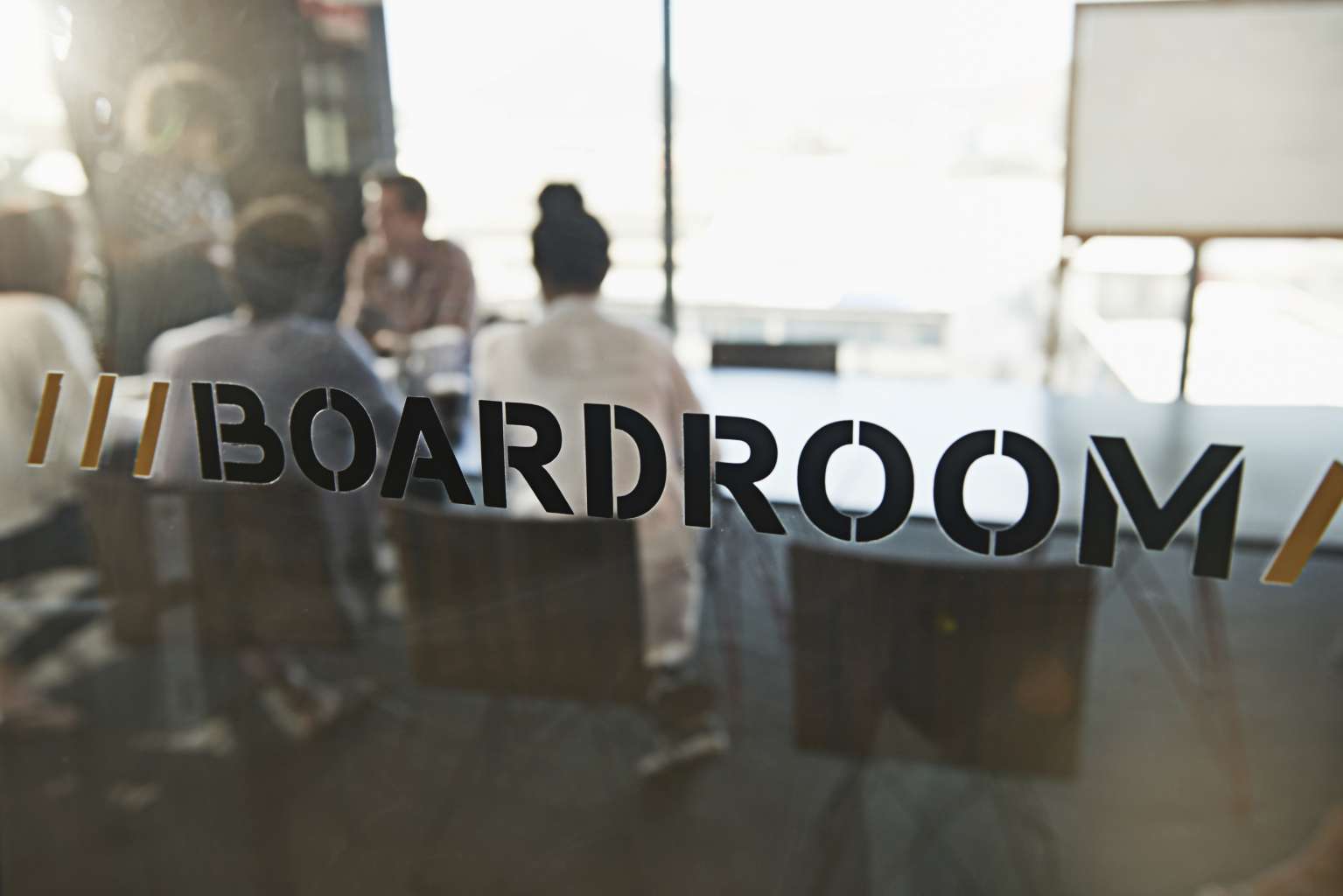More women in the boardroom by 2030? Possible, but urgent steps needed: study
Sign up now: Get ST's newsletters delivered to your inbox

Rupali Karekar
Follow topic:
SINGAPORE - Gender equality at C-level positions is achievable by 2030, most senior level executives believe, but many companies do not have specific goals in place for reaching this goal, a new survey has found.
The study by Economist Intelligence Unit (EIU) found that while 73 per cent of global executives believe that women could have equal representation in boardrooms around the world by 2030, only 44 per cent say their company is taking active steps to ensure this outcome.
Forty per cent senior executive teams deem gender parity with neutrality while 10 per cent deemed it unimportant.
"Several factors are simultaneously pushing gender equality forward and pulling it back," said Gail Heimann, president Weber Shandwick, said about the paradox on the road to achieving such parity. Ms Heimann emphasised on the urgency for action if the goal was to be achieved in 15 years time.
Previous research has found that companies with more women in senior executive positions not only report stronger financial performance but bring with them reputational and brand advantages.
Even then just 5 per cent of US Fortune 500 companies and 4 per cent FTSE companies are run by women, even as 7 in 10 global executives of both genders think the universe of female CEOs should expand.
In Singapore, only 9.1 per cent of board seats are held by women, according to the latest updates as at Jun 30, 2015 with Diversity Action Committee.
The recent EIU survey, conducted online for Weber Shandwick and KRC research, was targeted at companies ranging in revenue size from US$250 million to more than US$10 billion. It involved 327 executive respondents across 55 markets across six regions around the globe.
The survey found that war for available talent, need for return on investment and media pressure constitute push factors for gender parity. But pull forces like unequal pay, choking points for women at highest levels and lack of clear goals cancel out the former.
"Despite a crowded pipeline of talented women eager to reach the C-level organisations, progress on gender equality remains low," said Micho Spring, Chairman of Global Corporate Practise at Weber Shandwick. "The good news is that we are now at a point reminiscent of past social movements that have... overcome periods of inertia," she said.
The study cites bright spots like the presence of 'gender-forward pioneers' - companies who are making diversity in senior management a reality and are already ahead of the curve. These companies take steps like create panels to implement advancement opportunities, sets targets and quotas as well as provide developmental training to make this gender parity goal a reality.
The study concludes with guidelines forcompanies to achieve the target including champions of the cause among CEOs themselves as well as the media to hammer home the point.
"According to our report, gender equality is now on the brink of becoming a powerful driver of reputation," observed Leslie Gaines-Ross, chief reputation strategist with Weber.
"These results should create a sense of urgency," Weber Shandwick study said. "There is no time to lose if companies are to achieve anything close to gender parity in top positions by 2030".
rupsk@sph.com.sg

